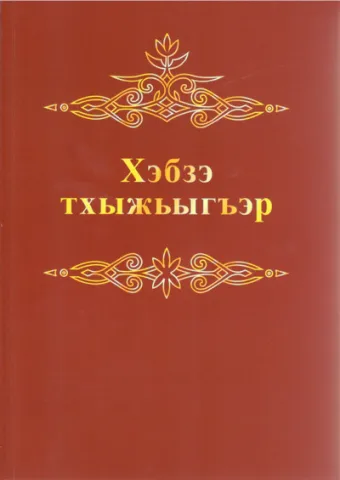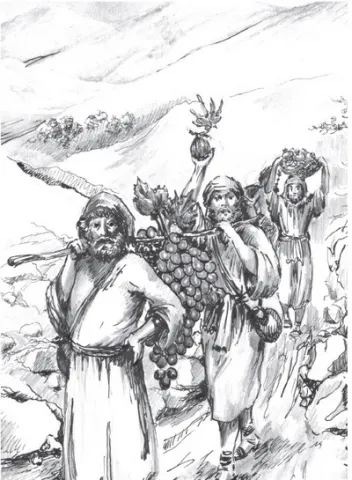Adyghe belongs to the Abkhaz-Adyghe language family of Caucasian languages. There are 117,500 speakers, most of whom live in the Republic of Adyghea in southern Russia.
In preparation for the future publication of the Pentateuch in Adyghe, the book of Deuteronomy was recently released in advance in electronic form, and now it is also in printed form. The first two books of the Pentateuch were printed 2005 (Genesis) and 2015 (Exodus), while Leviticus and Numbers are still in the translation process.
Deuteronomy contains the last instructions of Moses to the people of Israel before their entry into the Promised Land of Canaan. Though the Law of God had been accepted by the Israelites 40 years earlier, it was necessary for the new generation to be reminded of it. Deuteronomy reveals the essence of monotheism—faith in one God—and the meaning of the entire Jewish Law: to worship and love the Lord with all one’s heart. Chapters 27-30 list the blessings that follow from keeping the Law, as well as the curses for breaking it. The Hebrew prophets, particularly Jeremiah, often referred to these blessings and curses to explain why the Israelites of their day faced various calamities. This book is also often quoted in the New Testament (published in Adyghe in 1991) and the Psalms (published in 2007).
The Adyghe translation renders proper names from the Hebrew source text through phonetic adaptation according to the rules of the Adyghe language. Non-equivalent expressions are explained in footnotes, and key terms are explained in the dictionary at the end of the book, where a map of that era is also located. The illustrations are designed to help readers visualize some of the complex concepts in the book.
Deuteronomy in Adyghe can be found in the e-books section of the IBT website.


